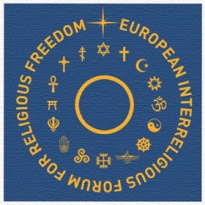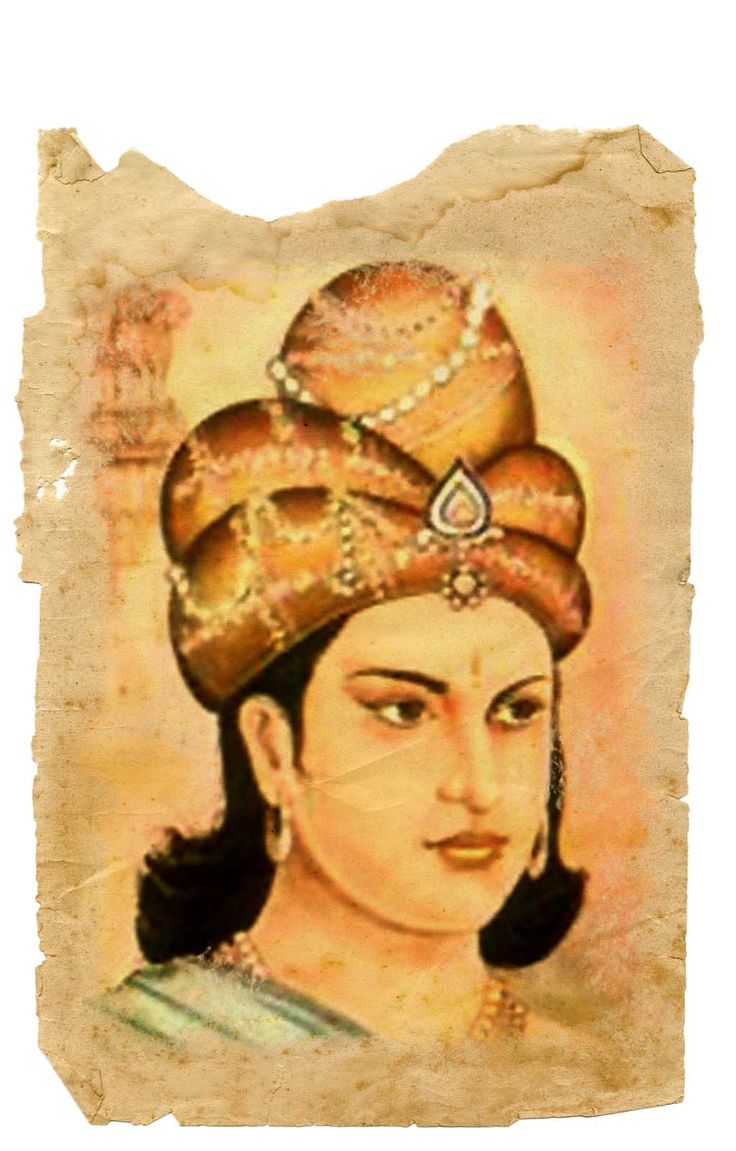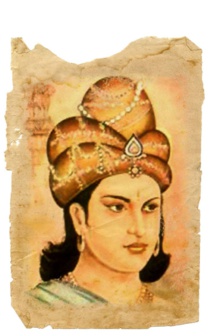The ability to restrain oneself to express hurtful words is not always a matter of legal restrictions. Current controversies about the Charlie Hebdo's last satirical depiction of the prophet Mohammed, justified by French authorities by calling it freedom of speech and condemned by several other state leaders as insulting billions of Muslims, might not solve in court, nor in protests.
However, common sense may be useful even when law is dumb and deaf, unclear or randomly applied due to political views.
Ashoka was an Indian emperor of the Maurya Dynasty who ruled almost all of the Indian subcontinent during the 3rd century before Christ. After having wagged a very destructive war against the state of Kalinga, and witnessed mass deaths during that war, Ashoka, a fierce and feared warrior, converted to Buddhism and redeemed himself by being one of the most peaceful and successful sovereign on earth, and by publishing a series of edicts, written in rock, addressing social and moral precepts to be developed throughout the kingdom.
The 12th of the Major Rock Edicts, contains a social version of the third of the eight path factors in the Noble Eightfold Path of Buddhism: Right Speech.
Here is what is written in the rock (Ashoka refers to himself as: "Beloved-of-the-Gods, King Piyadasi"):
Beloved-of-the-Gods, King Piyadasi, honors both ascetics and the householders of all religions, and he honors them with gifts and honors of various kinds. But Beloved-of-the-Gods, King Piyadasi, does not value gifts and honors as much as he values this -- that there should be growth in the essentials of all religions. Growth in essentials can be done in different ways, but all of them have as their root restraint in speech, that is, not praising one's own religion, or condemning the religion of others without good cause. And if there is cause for criticism, it should be done in a mild way. But it is better to honor other religions for this reason. By so doing, one's own religion benefits, and so do other religions, while doing otherwise harms one's own religion and the religions of others. Whoever praises his own religion, due to excessive devotion, and condemns others with the thought "Let me glorify my own religion," only harms his own religion. Therefore contact (between religions) is good. One should listen to and respect the doctrines professed by others. Beloved-of-the-Gods, King Piyadasi, desires that all should be well-learned in the good doctrines of other religions.
You do not have to be a Buddhist to learn from Ashoka. Wisdom has no religion. You do not even have to have a faith in order to apply this wise advice. The presence of many humanists, agnostics or atheists in interfaith forums show that most of them have the idea that respecting the religion of others is a good thing, if not a key factor in peace-building efforts.
I'm sure Ashoka did not think to Charlie Hebdo when he wrote that edict. But I'm sure we can learn from it as if it had been written yesterday, as this edict is so universal that by itself it could change again the course of the world.
However, common sense may be useful even when law is dumb and deaf, unclear or randomly applied due to political views.
Ashoka was an Indian emperor of the Maurya Dynasty who ruled almost all of the Indian subcontinent during the 3rd century before Christ. After having wagged a very destructive war against the state of Kalinga, and witnessed mass deaths during that war, Ashoka, a fierce and feared warrior, converted to Buddhism and redeemed himself by being one of the most peaceful and successful sovereign on earth, and by publishing a series of edicts, written in rock, addressing social and moral precepts to be developed throughout the kingdom.
The 12th of the Major Rock Edicts, contains a social version of the third of the eight path factors in the Noble Eightfold Path of Buddhism: Right Speech.
Here is what is written in the rock (Ashoka refers to himself as: "Beloved-of-the-Gods, King Piyadasi"):
Beloved-of-the-Gods, King Piyadasi, honors both ascetics and the householders of all religions, and he honors them with gifts and honors of various kinds. But Beloved-of-the-Gods, King Piyadasi, does not value gifts and honors as much as he values this -- that there should be growth in the essentials of all religions. Growth in essentials can be done in different ways, but all of them have as their root restraint in speech, that is, not praising one's own religion, or condemning the religion of others without good cause. And if there is cause for criticism, it should be done in a mild way. But it is better to honor other religions for this reason. By so doing, one's own religion benefits, and so do other religions, while doing otherwise harms one's own religion and the religions of others. Whoever praises his own religion, due to excessive devotion, and condemns others with the thought "Let me glorify my own religion," only harms his own religion. Therefore contact (between religions) is good. One should listen to and respect the doctrines professed by others. Beloved-of-the-Gods, King Piyadasi, desires that all should be well-learned in the good doctrines of other religions.
You do not have to be a Buddhist to learn from Ashoka. Wisdom has no religion. You do not even have to have a faith in order to apply this wise advice. The presence of many humanists, agnostics or atheists in interfaith forums show that most of them have the idea that respecting the religion of others is a good thing, if not a key factor in peace-building efforts.
I'm sure Ashoka did not think to Charlie Hebdo when he wrote that edict. But I'm sure we can learn from it as if it had been written yesterday, as this edict is so universal that by itself it could change again the course of the world.









 Plus de 100 ONG et personnalités écrivent aux parlementaires au sujet de la lois sur les sectes
Plus de 100 ONG et personnalités écrivent aux parlementaires au sujet de la lois sur les sectes